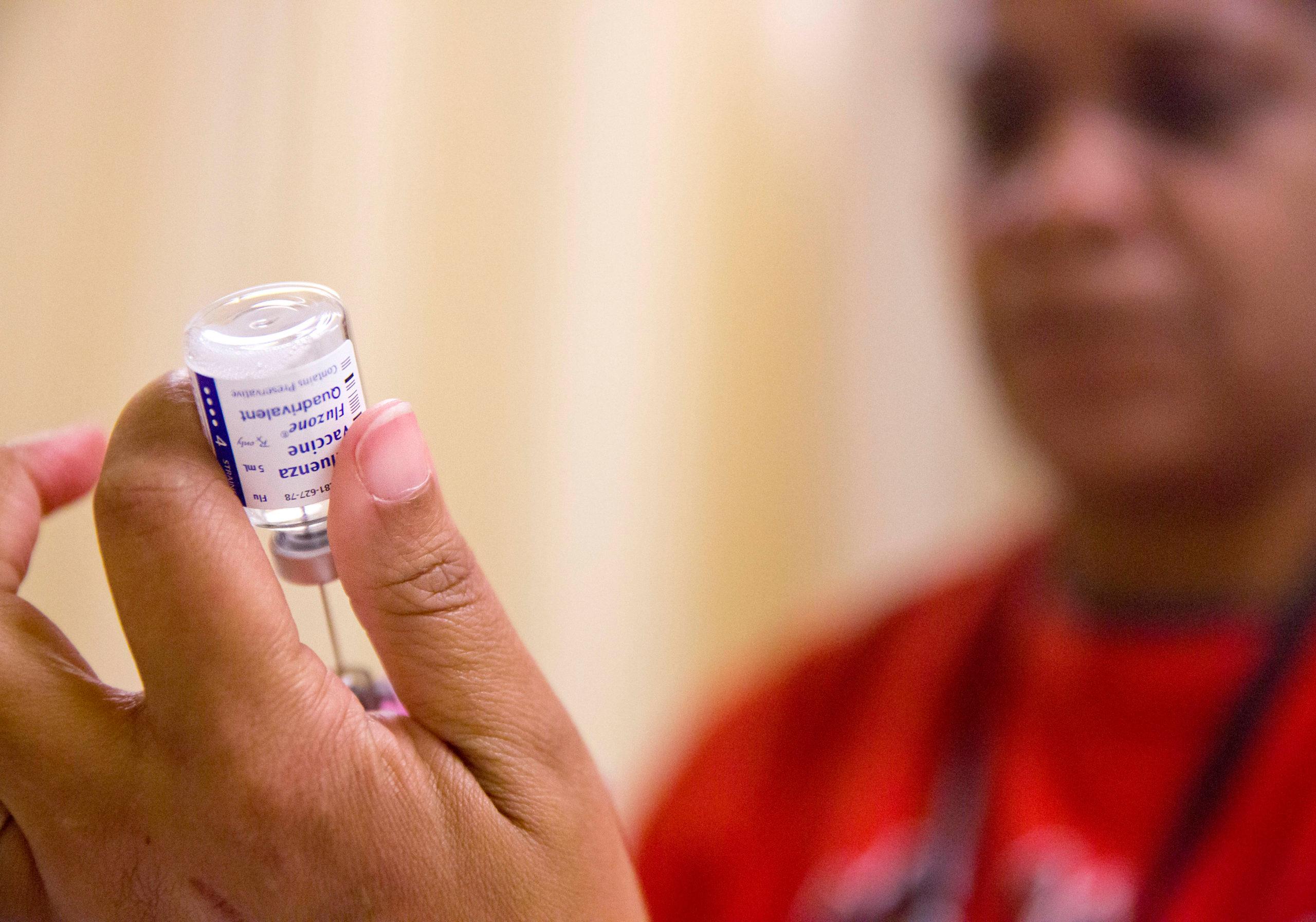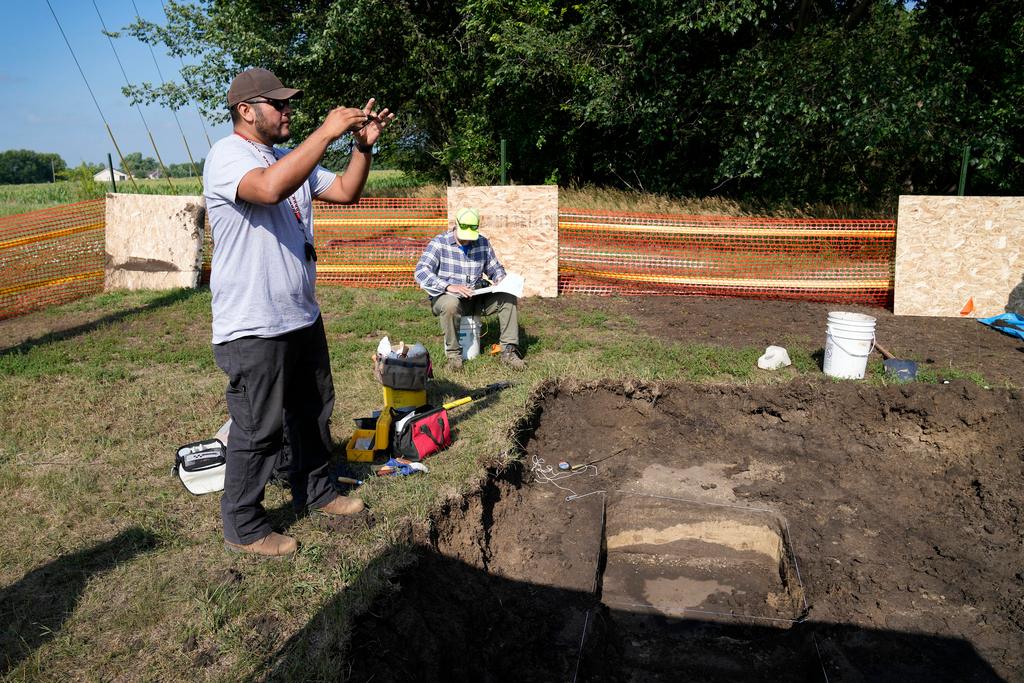
Last year, Colorado had the lowest vaccination rate for kindergarten-aged children in country. Just under 89 percent received the measles, mumps and rubella vaccine. This year, from March to July, the rate of vaccines administered each week dropped 19 percent, although the overall vaccination rate ticked up to 91 percent.
"These declines that we've observed in vaccination rates do put us at risk for another public health crisis, potentially above and beyond the COVID crisis," said Dr. Rachel Herlihy, the state epidemiologist, on a call with reporters. "One in which serious preventable diseases like measles and pertussis can resurge."
In 2019, Gov. Jared Polis signed an executive order making childhood vaccinations a priority. The state health department set a goal to increase measles, mumps and rubella rates by June of 2020.
"We exceeded our goal of 3.7 percent or an additional 2,289 more kindergarteners were vaccinated during the 2019-2020 school year for measles, mumps, and rubella," said Jill Hunsaker Ryan, executive director of the Colorado Dept. of Public Health and Environment, on the call.
Then, the coronavirus pandemic hit, and families stopped visiting their doctors.
"Pediatricians and family medicine offices have actually been open the whole time, and they have gotten very, very creative with making their offices extraordinarily safe places to be," said Sean O’Leary, a pediatric infectious disease specialist at Children's Hospital Colorado, on the call. "The well-child checks at this point are as important as ever, and I can't emphasize enough the importance of calling your pediatrician or your family doctor to check in."
Looking forward, the state has set a new goal to increase the percentage of kindergarteners vaccinated against measles mumps and rubella to 95% by June 30th, 2023, which would exceed the rate considered necessary for herd immunity.
To achieve the goal, Ryan said the state has allocated funding to local health departments. Schools will be able to identify children who are not vaccinated and can then remind families.
She said the state created a media campaign, and will provide technical assistance and data, and work closely with local public health agencies to address the low vaccination rates.
Note: This story has been updated to clarify the effect on vaccinations during the pandemic.









